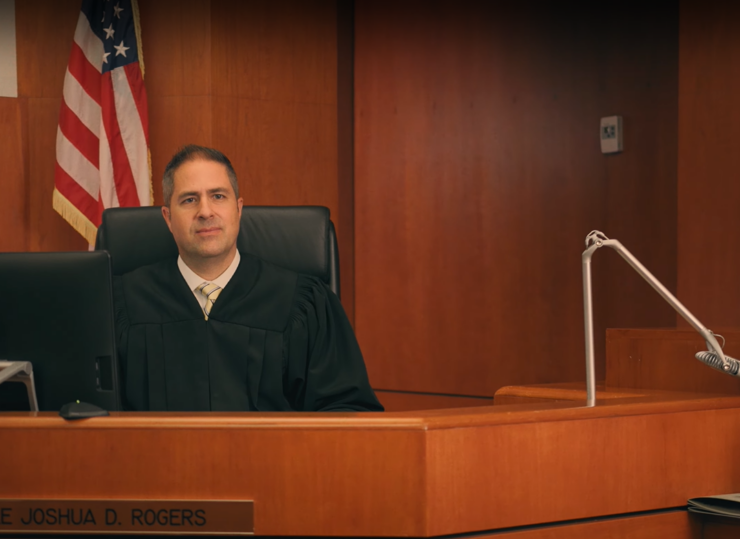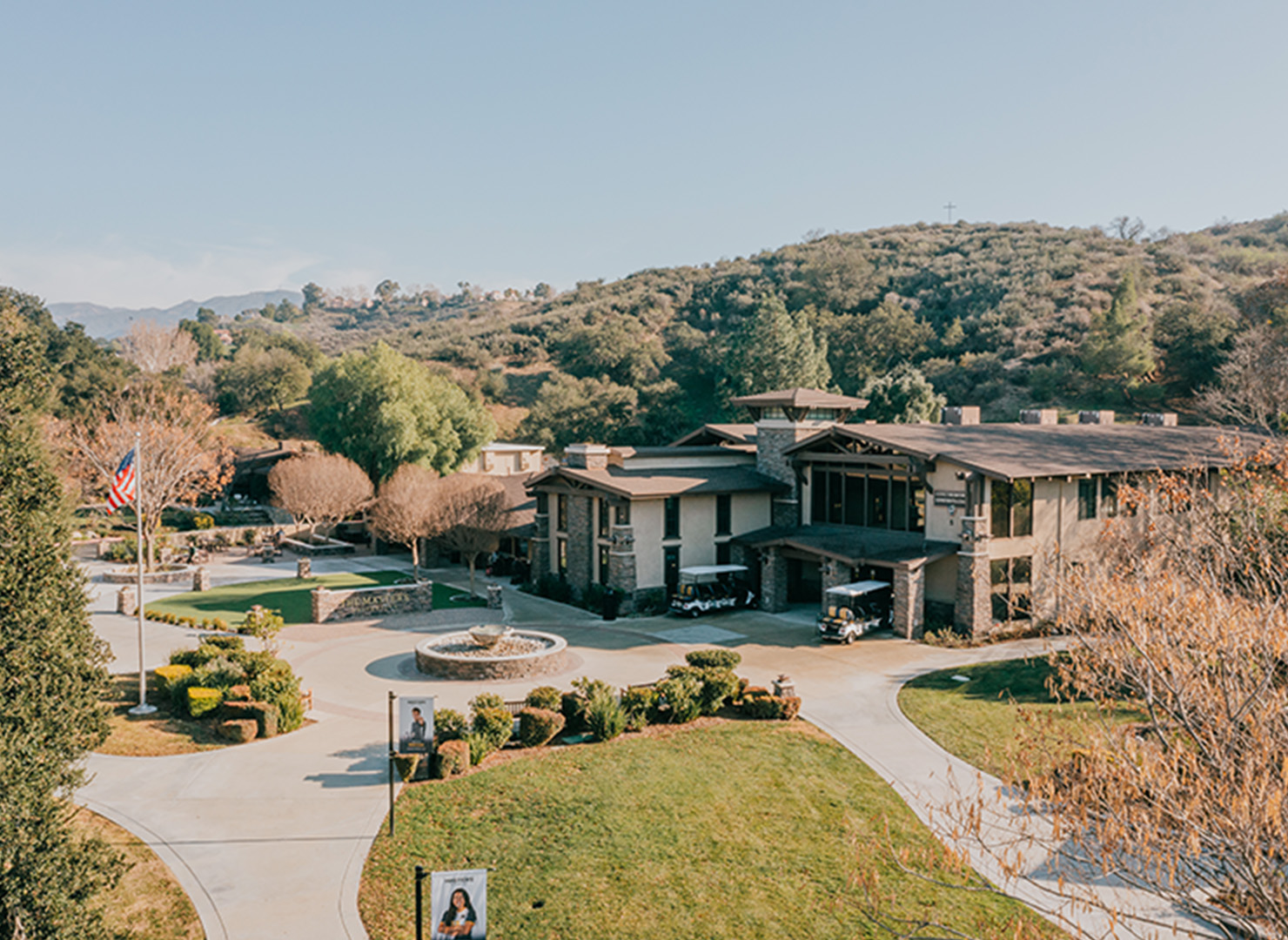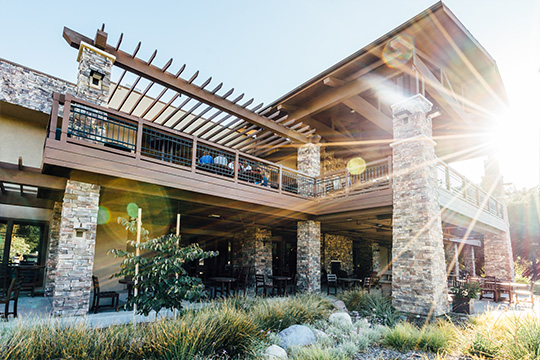Philosophy, history, and theories of the criminal justice system, including the roles and functions of the local, state, and federal jurisdictions. Theories, functions, and interrelationships among criminal justice agencies; law enforcement, courts, and corrections; crime causation, correctional theory, analysis and the social impact of crime. The conceptual approach utilized in this course recognizes that criminal justice is itself a distinct academic discipline rather than an interdisciplinary course of study.
Emphasis Courses Include
An introduction to the historical development, philosophy, and basic legal concepts of criminal law. The course includes an examination of constitutional provisions, legal research, legal analysis, and the functioning of criminal law as a social force. It also includes a detailed examination of legal definitions, classifications of law, penalties, criminal intent, parties to a crime, defenses to crime, and a brief introduction to laws of arrest and judicial procedure.
Origin, development, philosophy, and constitutional basis of evidence, constitutional procedural considerations affecting arrest, search and seizure; kinds of and degrees of evidence and rules governing admissibility; judicial decisions interpreting individual rights and case studies. Coverage emphasizes the Fourth Amendment’s limitations on unreasonable searches and seizures. The Fifth Amendment’s Due Process Clause and Self-Incrimination Clause, as well as the Sixth Amendment Right-to-Counsel clause, are also studied.
An examination of the dynamics of the national judicial system, with emphasis on the Supreme Court as a working institution, the politics of selecting judges, external influences on the courts, internal procedures of decision-making, and relations with other political institutions.
Course availabilities are subject to change
Criminal Investigation
An examination of the theories, concepts, and research of criminal investigation. This course looks at the fundamentals of criminal investigation from the crime site to the courtroom preparation experience, inclusive of legal constraints, ethics, and types of evidence. The course also includes an analysis of techniques of crime site recording and search, follow-up, case preparation, and organization.
Patrol Procedures
This course will cover the laws, policies, techniques, and procedures used by law enforcement agencies across the country as well as internationally. Topics included are powers of police, types of patrol, types of service calls, equipment and technology, search and seizure, interview and interrogation, and alarm responses.
Juvenile Procedures
This course covers the juvenile system and related juvenile justice issues. Topics include an overview of the juvenile justice system, treatment and prevention programs, history, theories, methodology, and special areas and laws unique to juveniles.
Probation And Parole
This course provides students with an examination of community treatment in the correctional process, contemporary probation and parole practices, and an exploration of the various community corrections agencies and employment opportunities.
Introduction To Corrections
This course is designed to provide an overview of the historical development, current concepts, and practice, and explanations of criminal behavior; functions and objectives of the criminal justice system concerned with institutionalization and trends of adult and juvenile corrections, including probation and parole. It will also focus on the legal issues, specific laws, and general operation of correctional institutions. The relationship between corrections and other components of the judicial system will also be examined.
Police Organization And Administration
Topics include the effect of the organizational structure and administrative procedure on the implementation of law enforcement functions; history, theories, and methodologies of criminal justice organizations; assessment of the recruitment and hiring processes, career advancement and leadership; organizational structure and management strategies; administrative problems of staffing and morale as a law enforcement employer.










